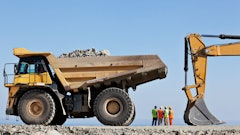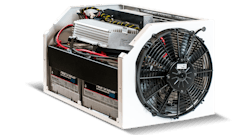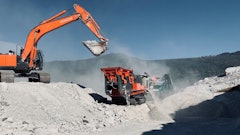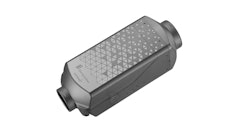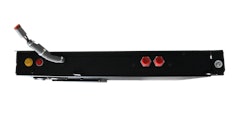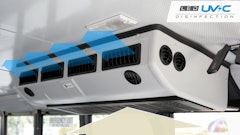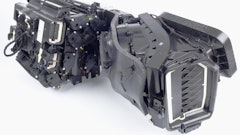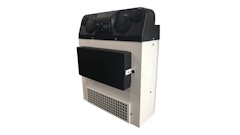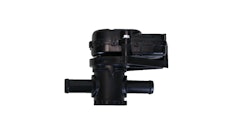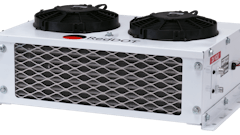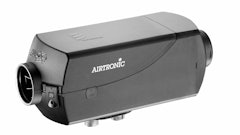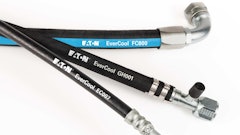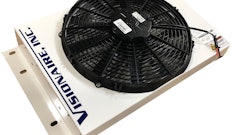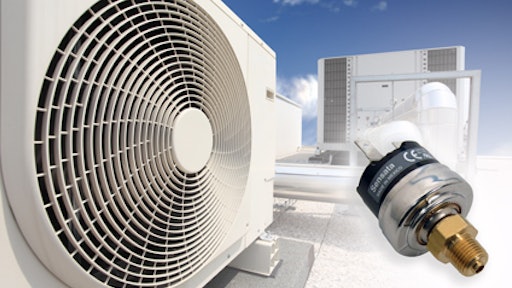

Sensata Technologies, one of the world’s leading suppliers of sensing, electrical protection, control and power management solutions, announces the availability of a new white paper to help manufacturers of HVAC and cooling systems design next generation solutions that can take advantage of “green” refrigerants that do not adversely impact the environment.
This means replacing refrigerants that can damage the atmosphere and deplete the ozone layer with natural refrigerants that do not negatively impact our environment. This includes new hydrocarbon refrigerants such as R290, R600a, R32, as well as CO2 and Ammonia. Given the changes in refrigerants being used around the world, it is clear that natural refrigerants are important to the future landscape of the HVAC industry. 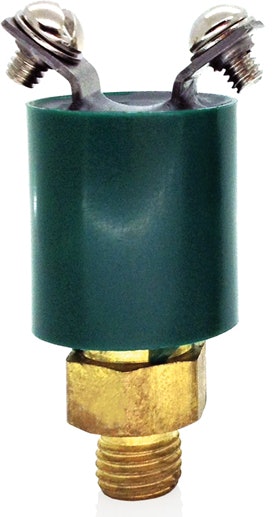 The 25PS pressure switch has built-in safety with a sealed design that includes epoxy backfill around electrical terminals.
The 25PS pressure switch has built-in safety with a sealed design that includes epoxy backfill around electrical terminals.
However, these emerging refrigerants come with a variety of challenges such as extreme high pressures, extreme corrosiveness, and flammability.
Titled “How to Solve the Challenges of Using Natural Refrigerants in Cooling System Design”, this new Sensata white paper provides an overview of various methods used to mitigate these technical challenges as well as a look at the some of the HVAC and refrigeration hardware and safety technologies required to handle these new refrigerants, especially pressure switches and pressure sensors.
“Component manufacturers must meet the design challenges posed by these non-synthetic refrigerants to optimize safety and efficiency,” says William Bentley, Engineering Manager, Industrial Solutions. “A critical part of this evolution is the knowledge of what kinds of hardware and systems must be specified for the safe implementation of these new and more technically challenging materials.”




